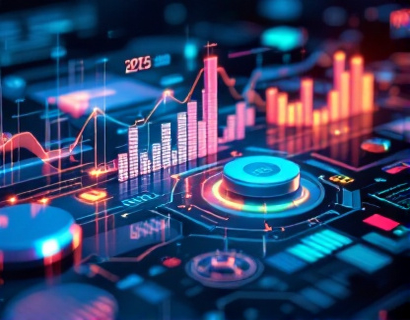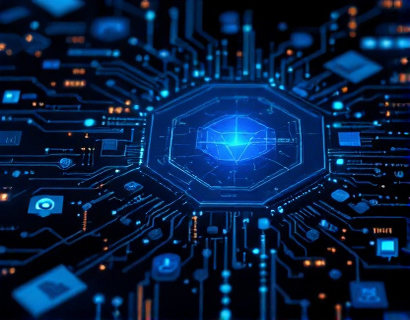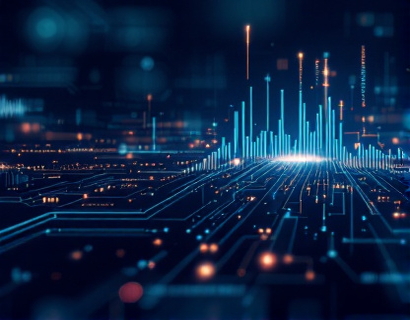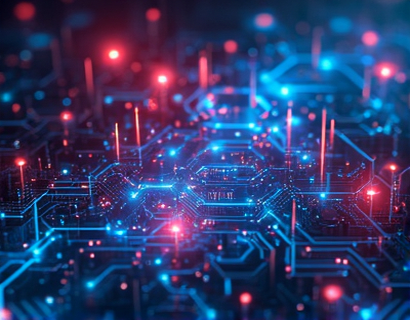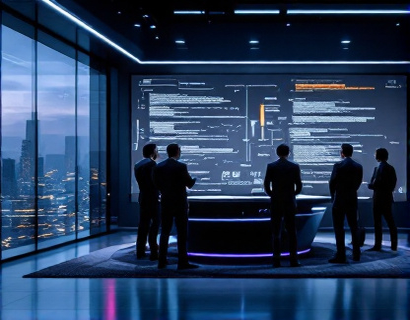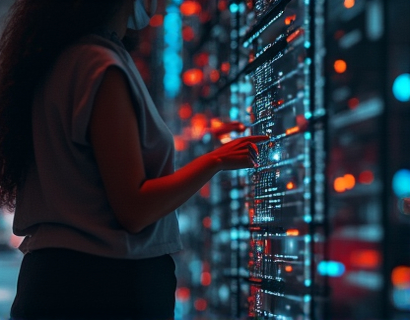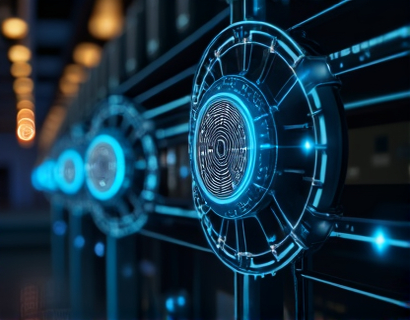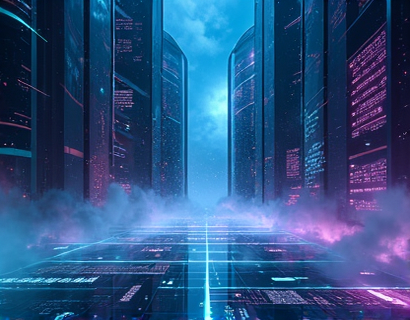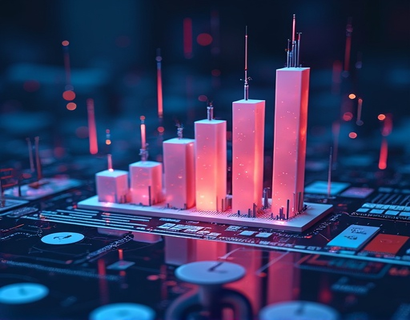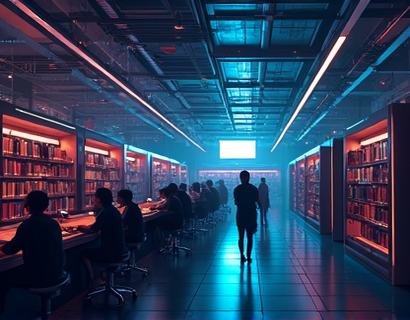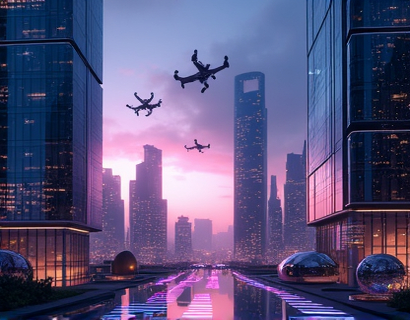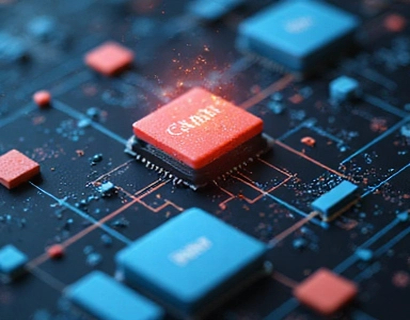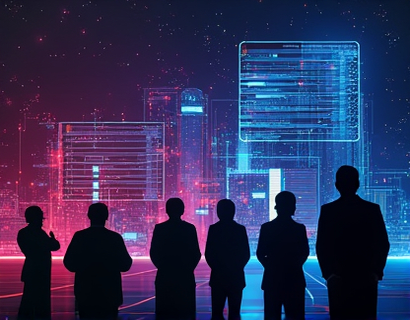AI-Powered Marketing Agents: Revolutionizing Business Growth Through Intelligent Automation
In the rapidly evolving landscape of digital marketing, businesses are constantly seeking innovative solutions to stay ahead of the competition. One of the most promising advancements in this domain is the emergence of AI-powered marketing agents. These intelligent tools leverage cutting-edge artificial intelligence to automate and optimize marketing strategies, significantly enhancing customer engagement and return on investment (ROI). By integrating AI-powered marketing agents, businesses can streamline their operations, allowing them to focus on core activities with greater confidence and efficiency.
The Role of AI in Modern Marketing
Artificial intelligence has transformed various industries, and marketing is no exception. AI technologies, including machine learning, natural language processing, and predictive analytics, offer unprecedented capabilities to analyze vast amounts of data, identify patterns, and make data-driven decisions. In marketing, AI can automate routine tasks, provide insights into customer behavior, and create personalized experiences that drive engagement and conversions.
Key Features of AI-Powered Marketing Agents
AI-powered marketing agents are sophisticated tools designed to perform a wide range of marketing functions. Some of the key features include:
- Automated Campaign Management: AI agents can create, manage, and optimize marketing campaigns across multiple channels, adjusting strategies in real-time based on performance data.
- Customer Segmentation: Advanced algorithms help segment customers based on behavior, preferences, and demographics, enabling targeted marketing efforts.
- Personalized Content Creation: AI can generate personalized content, such as emails and social media posts, tailored to individual customer profiles, increasing relevance and engagement.
- Predictive Analytics: By analyzing historical data, AI agents can predict future trends and customer behaviors, allowing businesses to proactively adjust their strategies.
- Chatbots and Virtual Assistants: AI-powered chatbots provide 24/7 customer support, handling queries and transactions efficiently, thereby enhancing customer satisfaction.
Enhancing Customer Engagement
One of the most significant benefits of AI-powered marketing agents is their ability to enhance customer engagement. Traditional marketing methods often struggle to deliver personalized experiences, leading to lower engagement rates. AI agents, however, can analyze vast amounts of customer data to create highly personalized interactions. For instance, AI-driven email campaigns can use customer purchase history and browsing behavior to send tailored recommendations, significantly increasing open and click-through rates. Similarly, chatbots can offer real-time assistance, answering customer questions and resolving issues promptly, thereby improving the overall customer experience.
Maximizing ROI Through Intelligent Automation
ROI is a critical metric for any business, and AI-powered marketing agents excel in maximizing this value. By automating routine tasks, AI agents reduce the need for manual intervention, lowering operational costs. Additionally, their ability to optimize marketing campaigns in real-time ensures that resources are allocated efficiently, leading to higher returns. For example, AI can dynamically adjust budget allocations based on the performance of different channels, ensuring that investments yield the best possible results. Predictive analytics further enhance ROI by identifying the most promising opportunities and potential risks, allowing businesses to make informed decisions.
Streamlining Marketing Efforts
Marketing teams often face the challenge of managing multiple campaigns and channels simultaneously. AI-powered marketing agents streamline these efforts by providing a centralized platform for campaign management. These agents can handle tasks such as content scheduling, performance monitoring, and reporting, freeing up marketing professionals to focus on strategic initiatives. This not only improves efficiency but also reduces the risk of human error, ensuring that marketing efforts are consistently optimized.
Case Studies and Real-World Applications
Several businesses have already seen significant benefits from implementing AI-powered marketing agents. For instance, a retail company used an AI-driven platform to analyze customer purchase patterns and preferences, resulting in a 30% increase in sales through targeted email campaigns. Another example is a financial services firm that leveraged AI chatbots to handle customer inquiries, reducing response times by 50% and increasing customer satisfaction scores. These case studies demonstrate the practical applications and tangible benefits of AI in marketing.
Challenges and Considerations
While the benefits of AI-powered marketing agents are clear, there are several challenges and considerations businesses should be aware of. One major concern is data privacy and security. AI agents require access to vast amounts of customer data, and ensuring this data is handled securely is paramount. Businesses must comply with regulations such as GDPR and implement robust security measures to protect customer information. Additionally, the initial setup and integration of AI agents can be complex, requiring expertise in both AI technology and marketing strategies. However, the long-term benefits often outweigh these initial challenges.
Future Trends in AI Marketing
The field of AI marketing is rapidly evolving, with several exciting trends on the horizon. One such trend is the integration of AI with augmented reality (AR) and virtual reality (VR) to create immersive customer experiences. AI can personalize AR and VR content, making it more relevant and engaging for users. Another trend is the use of AI in social media marketing, where algorithms can optimize content distribution and engagement across multiple platforms. Furthermore, the development of more advanced natural language processing (NLP) capabilities will enhance the effectiveness of chatbots and voice assistants, making customer interactions even more seamless.
Conclusion
AI-powered marketing agents represent a significant leap forward in marketing technology, offering businesses the tools they need to thrive in a competitive digital landscape. By automating routine tasks, enhancing customer engagement, and maximizing ROI, these intelligent agents allow businesses to focus on their core strengths while leaving the growth and optimization to the experts. As AI technology continues to advance, the potential for even greater innovations in marketing is immense, promising a future where businesses can achieve unprecedented levels of success.





